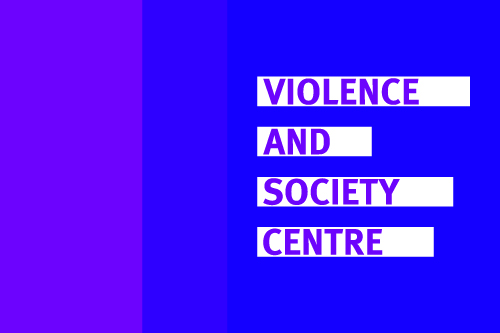Opportunity to present at
‘The Intersection of Public Health and Violence Prevention’ conference in 2026
The VISION research consortium and the Violence Prevention Team at Public Health Wales are pleased to collaborate on a free, one-day conference. The theme is the intersection of public health and violence prevention in February 2026.
Bringing together a range of stakeholders working in violence prevention including public health, policing, healthcare, academia, government and the community and voluntary sector, we are keen to showcase academics and public health professionals from Wales and beyond who are working at this intersection.
We are currently designing the agenda and are looking for additional participation along these themes:
- Exploring or addressing the structural determinants of violence through a public health lens, with a focus on research, policy or partnerships
- Sharing innovative, evidence-based practice by highlighting approaches, cross-sector collaboration, or lessons learned that can inform practice, policy, or future research in violence prevention
- Exploring the role of lived experience in research and ethical considerations.
Presenters will have a maximum of 20 minutes to present, including time for questions or discussion. We welcome interactive presentations or workshops.
Presentation summaries must be a maximum of 300 words and are due by 17 December at 5 pm. Please email Word documents and any questions to PHW.Violencepreventionteam@wales.nhs.uk
Registration will be open soon and announced on this webpage, via networks, and on the VISION LinkedIn page. For any questions about registration, please contact VISION_Management_Team@citystgeorges.ac.uk


